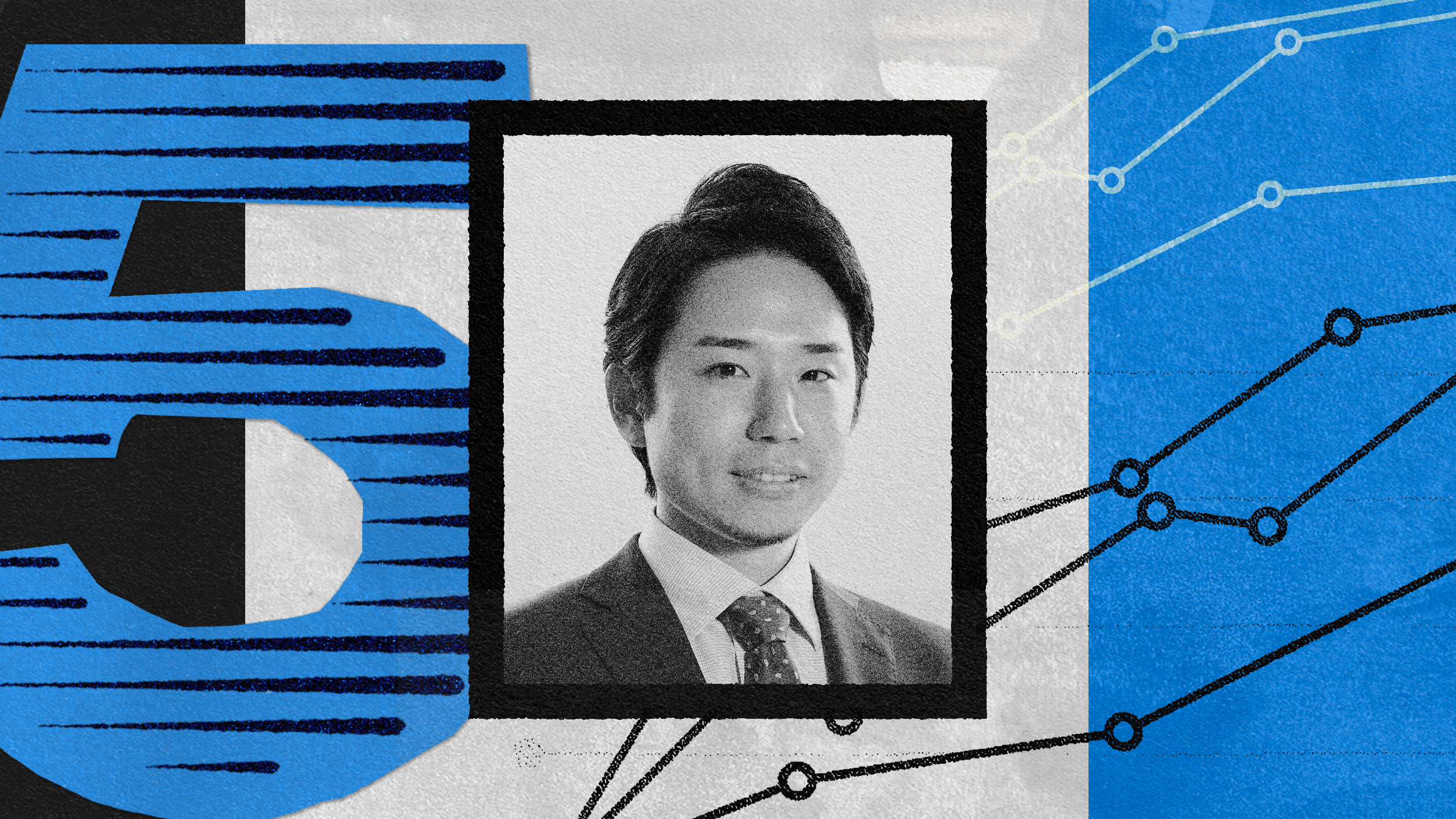4 essential tactics for honing your leadership language

- We tend to focus on “big” words in speech and writing, yet research shows that small words also have large effects.
- For instance, hedges and fillers can strip your language of confidence and persuasiveness.
- How leaders use language can also make team members feel more valued for their skills and ideas.
Every leader wants to give that speech. With victory all but out of reach, they want their words to rouse the team’s emotions and inspire them to overcome the the odds. You can practically hear the music swelling just thinking about it.
Such speeches make for storybook moments, but how a leader uses language in everyday situations can be just as, if not more, powerful. As Wharton School marketing professor Jonah Berger tells Big Think, “The most fascinating thing I’ve found from the work that we and others have done is that subtle shifts can have such a big impact.”
Big Think spoke with Berger about what he calls the magic of words. Here are four powerful, yet subtle, tactics he’s discovered to help you develop your leadership language:

1. Pay attention to small words
We tend to focus on the “content words” of speech and writing. These are the nouns, verbs, and adjectives that carry a lot of the meaning in a sentence. However, Berger’s research has found that what we typically think of as small words — more specifically, functional words — can have big effects on how people perceive someone’s language.
For instance, he’s found that using the pronoun you increases engagement because it makes content more self-relevant. Group pronouns like we create a sense of camaraderie and connection, while I draws attention to an individual’s agency or accomplishments. Finally, dropping pronouns altogether makes a statement sound more objective.
The takeaway: Give consideration to how all of your words might influence others in a given context. Even the smallest words can offer outsized value.
2. Avoid hedges and fillers
Two categories of small words you’ll want to pay extra attention to are “hedges” and “fillers.”
Hedges are the words or phrases that create a sense of ambiguity or indecisiveness. They include expressions such as “That seems like the right answer” and “I believe we should go with Paul’s idea.” Meanwhile, fillers are the ums, ahs, and likes that we grasp for whenever our minds need to queue up what comes next (they’re also known as “hesitation markers” for this reason). The problem with both is that they leech confidence and persuasiveness from your speech.
Berger’s recommendation for reducing hedges is simple: Own it! Instead of saying, “I’m not sure this strategy will work …,” say something like: “This is great. But for it to work, these three things need to happen.”
As Berger explains: “You’ve made it very clear that you do think this is a great strategy. You’re not completely uncertain, so you also have made it clear that it’s not a guarantee.”
And while your speech will never be completely filler-free, Berger has two strategies to help you minimize them. First, record yourself speaking, transcribe it, and read your speech unfiltered. This way, you can see where you seed fillers most. Second, substitute those fillers with thoughtful pauses. This presents an air of control versus a sense that you’re making it up as you go.
3. Turn actions into identities
As the team lead, you’ll need to delegate tasks. Ideally, team members will be motivated to accomplish these tasks on their own — but not always. Your choice of language can help here too.
Berger cites a study in which researchers tried to get four- and five-year-old children to help them clean a messy classroom rather than play with all the toys and crayons scattered about. As any parent will tell you, that’s no easy ask.
However, the researchers discovered they could increase the chance of children helping by 50%. How? It wasn’t bribery but a simple turn of phrase. Instead of asking the children to help, they asked, “Would you mind being a helper and cleaning up this classroom?”
That two-letter difference changed the question from a request to an opportunity for the children to show off their strengths and competencies. Berger points out that a similar study looking at the difference between asking people “to vote” or “be a voter” also saw an increase in turnout (albeit much smaller).
“By turning actions into identities, we can make people much more likely to engage in those desired actions,” Berger explains. “We all want to see ourselves as smart, competent, and intelligent in a variety of different things.”
4. Connect through questions
Oftentimes as a leader, it isn’t what you say but how you listen. Team members not only feel valued when they are listened to, but listening to their ideas and struggles also provides you with information about your team and the state of the organization.
However, many people aren’t comfortable sharing, so you’ll need to get into the habit of asking the right questions. For instance, if you ask someone what they thought of a presentation, and they respond, “I liked it,” dig deeper. Ask them what they liked about it, what they might change, and so on. Such questions show them that you care about their opinion and are responsive to it.
Another benefit of asking questions, Berger notes, is that it “deactivates people’s anti-persuasion radar.”
Adults don’t like being told what to do any more than five-year-olds. Instead of doling out tasks directly, you can bring team members into the planning process and use questions to incorporate their knowledge and ideas. This increases buy-in and makes people want the plan to succeed.
Unlocking your leadership language
Of course, these tactics aren’t the end-all, be-all of how effective communicators use language. Berger’s research has also pointed to the importance of qualities such as emotional resonance and even how one answers questions (especially the unfair ones). There’s much to learn!
And if you worry that language isn’t a natural strength of yours, don’t give up. Your language ability isn’t fixed. You can learn and grow as you go.
“While we might think that some people are just naturally good at this and others aren’t, it’s actually not something you’re born with,” Berger notes. “It’s not random, it’s not luck, and it’s not chance. There’s a science behind how language works and how we can use it more effectively.”





